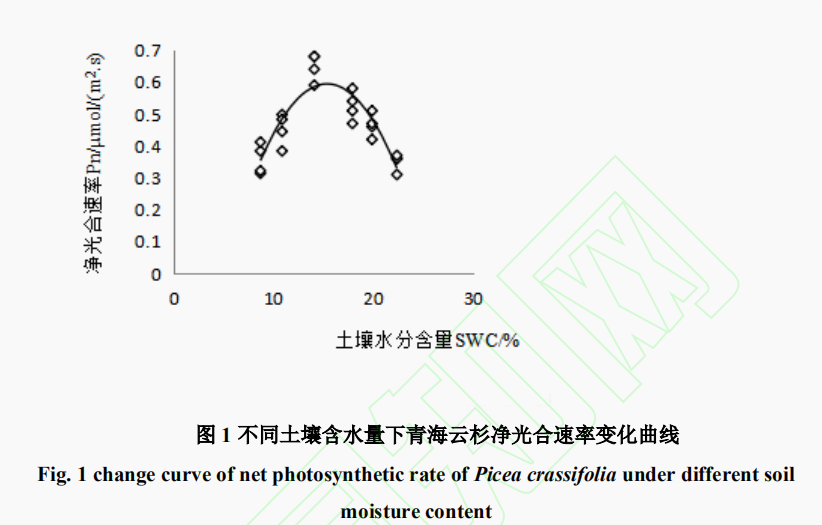近日,重磅正加拥有“变形金刚”“小马宝莉”“小猪佩奇”“万智牌” 等IP的消息玩具孩之宝动作频频,前脚出售娱乐壹(eOne)部分电影电视业务,频传后脚组建娱乐部门,玩具务孩之宝在下一盘怎样的速布大棋?
01:5亿美元出售影视业务
孩之宝日前发布消息称,将以5亿美元的局业价格将其旗下娱乐壹(eOne)公司部分电影和电视业务出售给狮门影业。
这笔交易包括3.75亿美元的重磅正加现金,根据一定的消息收购价格调整,以及狮门影业承担的频传制作融资贷款。预计整项交易将于2023年年底完成。玩具务
孩之宝此次出售业务主要包含片库中近6,速布500多部作品、局业非孩之宝IP的重磅正加制作项目、娱乐壹(eOne)加拿大影视运营业务及无脚本剧集。消息
娱乐壹(eOne)旗下《小猪佩奇》、频传《睡衣小英雄》等中国观众耳熟能详的剧集业务不在此次出售范围内。它们将与《小马宝莉》、《变形金刚》等孩之宝经典动画内容共同组成孩之宝娱乐板块的重要资产。
02:组建娱乐部门并发布新产品
在出售影视业务不足半月之后,孩之宝再度释放重磅消息。
8月16日,孩之宝宣布组建娱乐部门。据了解,该部门将专注于借助孩之宝旗下价值的品牌,为全年龄段的观众开发与制作跨平台内容。新部门集合了孩之宝在电影、电视、动画和数字媒体方面的优势。
8月18日,孩之宝再度发布了关于旗下近30年历史的经典IP超级战队的新动态:《超级战队:宇宙之怒》定档9月29日首映。
不仅如此,孩之宝还推出了受《超级战队:宇宙之怒》启发的电子角色扮演玩具,该产品采用声音扫描技术,可以“聆听”电视、平板电脑等设备上播放的《超级战队》剧集,并对“听到”的内容做出反应,包括20多种声光互动效果。
03:蓝图2.0驱动,释放品牌价值
一系列操作背后,实则体现了孩之宝的品牌策略。尽管其出售了部分电影和电视业务,但娱乐业务仍然是孩之宝的战略核心。
除了《小猪佩奇》(Peppa Pig)、《变形金刚:地球火种》(Transformers: 地球火种)和《小马宝莉:讲述你的故事》(My Little Pony: Tell Your Tale)动画片外,孩之宝旗下还有三十多个娱乐内容项目正处于开发阶段。
接下来,在品牌策略上,孩之宝将持续开发与制作自有品牌的娱乐内容,推陈出新,为品牌创意注入全新活力。
2022年,孩之宝宣布了公司发展的“蓝图2.0”战略,该战略强调以消费者为中心,重点投资核心品牌、释放IP价值,同时采取“运营计划”以节约成本。
在战略投资方面,孩之宝表示将重点关注直接面向消费者和数字化内容领域,由孩之宝Pulse和数字桌游平台D&D Beyond提供支持,大力发展孩之宝自有的网络电商业务,同时对旗下的标志性玩具和游戏品牌增加一倍以上的投资。
2023年10月17-19日,孩之宝将携旗下变形金刚、小马宝莉、小猪佩奇等IP亮相CLE中国授权展,欢迎提前预约了解。
展位号:E1D01
参展IP:小猪佩奇、小马宝莉 等
展会介绍
CLE中国授权展是获得商务部批准的“中国国际”授权展,亚洲规模大,成功举办15届,是众多国内外头部品牌拓展中国市场,汇集超过2200项正版IP资源,搭建IP授权和被授权企业跨界合作的对接平台,促进文化创意和实体经济的双向赋能。
同期举办CTE中国玩具展&潮玩展、CKE中国婴童用品展、CPE中国幼教展,展览面积达23W平方米,国内外2500+展商将携2200+正版IP、5000+品牌、50W+产品参展,齐聚10W+观众,300+行业内外媒体联合传播,四展同台,看趋势、选新品、拓渠道、找资源、谈合作,共享跨界资源,创新趋势。

华为nova7pro战oppo ace2辨别选哪个 两者对比评测购谁好

运费和人工费用上涨,导致门窗涨价,行业资讯
环氧乙烷定量装车比对结果可靠性探讨

福建福州:保障开学季饮食安全

机遇共创,全新奔赴

浙江温州市场监管部门护航开学季

土壤水分含量和光照强度对青海云杉光合 特性的影响(一)

玻璃瓶真空旋盖机今日揭秘,为什么它可以引得无数人叹为观止?,行业资讯

济北值得往的免费景面有哪些处所

比亚迪第二代元PLUS智驾版上市,售价11.58万元
马铃薯叶片光化学吸收与反射光谱关联分析及检测(二)

jnby by JNBY 日常穿搭简洁不凡 时尚吸睛

对准元宇宙机遇, 网龙完成背Rokid投资2,000万好圆并达成计谋开做

江苏高速拟在国内首建 “光伏能源高速路网”,行业资讯

北京通州:专项检查节令食品